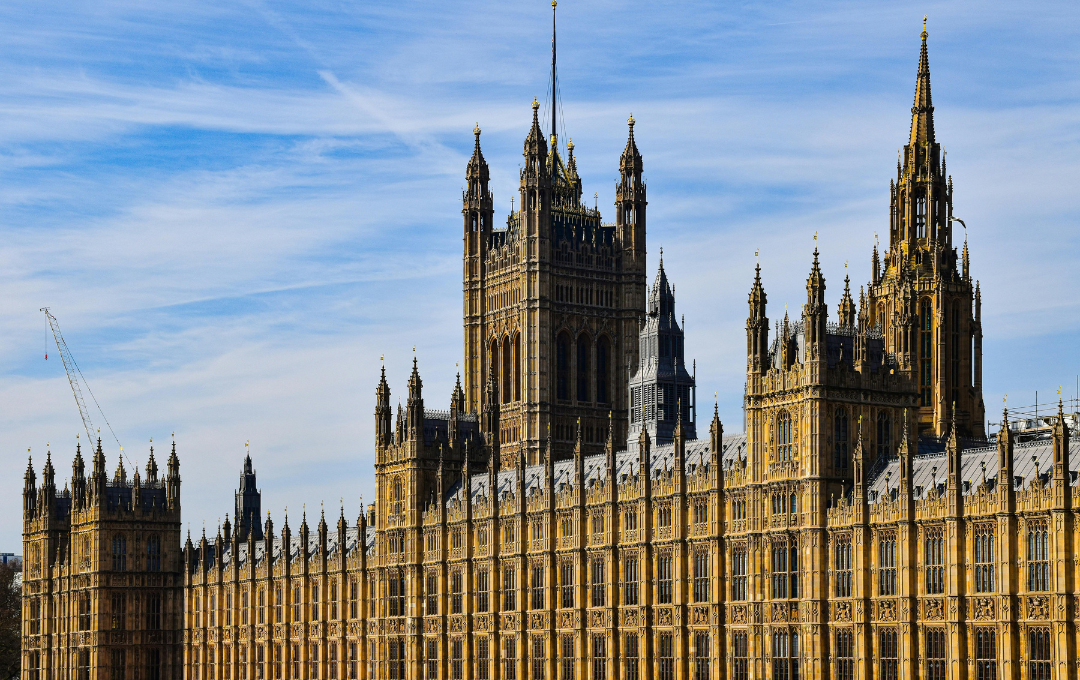
Official figures released last week by the Office for National Statistics show that the Consumer Prices Index (CPI) dropped to 2.3% for the 12 months to April 2024. This is down from 3.2% for the 12 months to March 2024.
The new energy price caps and resulting fall in gas and electricity prices were the main factors behind the decrease. However, rises in the price of petrol and diesel meant the rate did not fall as low as it might otherwise have done.
A fall in the inflation rate doesn’t mean that prices generally are falling, but rather that they are increasing more slowly. The news is encouraging though as the CPI continues to drop towards the Bank of England’s target of 2%.
The latest figures appear to have decided the Prime Minister on bringing forward the next general election. Many had expected this to take place in the autumn, however last Wednesday Rishi Sunak announced a general election for Thursday 4 July.
In his announcement, the Prime Minister referred to the latest inflation figures as well as the recent emergence from a (mild) recession. So, it seems that his decision has been triggered by these positive economic indicators.
The inflation rate falling is potentially good news for businesses as it suggests the rise in costs seen over the last couple of years is becoming less severe. Good news about the economy also increases in confidence in consumers and businesses alike, which may mean an increase in sales activity.
To review the Office for National Statistics figures in more depth, see: https://www.ons.gov.uk/economy/inflationandpriceindices/bulletins/consumerpriceinflation/latest

The Spring Statement will be delivered in Parliament on 3 March, giving an update on the state of the UK economy and the government’s financial outlook.

A new website has been launched by the Department for Business and Trade (DBT) offering practical guidance and support on the changes that the Employment Rights Act will introduce and what they can do to get ready.

